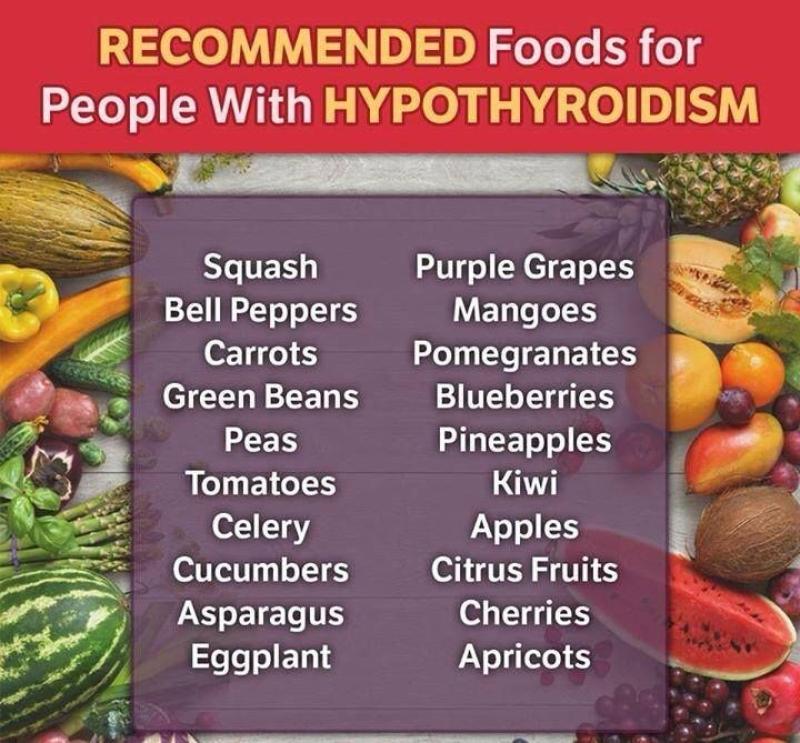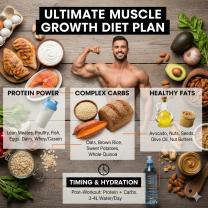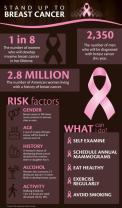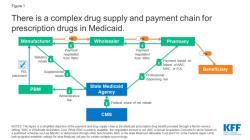What is the best diet for someone with hypothyroidism?
While there's no specific diet that can cure hypothyroidism, certain dietary choices can support thyroid health and help manage symptoms. Here are some dietary guidelines for individuals with hypothyroidism:
Iodine Intake: Iodine is crucial for thyroid hormone production. However, excessive iodine intake can worsen hypothyroidism. In most developed countries where iodine is added to salt, getting enough iodine isn’t typically a concern. Check with a healthcare provider to ensure your iodine levels are adequate.
Balanced Diet: Focus on a balanced diet rich in fruits, vegetables, lean proteins, whole grains, and healthy fats. Nutrient-dense foods support overall health and can aid in managing symptoms.
Limit Goitrogens: Some foods, known as goitrogens, can interfere with thyroid function when consumed in large amounts. Examples include cruciferous vegetables like broccoli, Brussels sprouts, cabbage, and soy-based foods. Cooking these foods can reduce their goitrogenic effects.
Monitor Soy Intake: While soy foods contain goitrogens, moderate amounts are generally safe for most people with hypothyroidism. However, excessive consumption might interfere with thyroid function.
Moderate Caffeine and Alcohol: Limit caffeine and alcohol consumption, as they can disrupt thyroid function and worsen symptoms for some individuals.
Adequate Selenium: Selenium is important for thyroid function. Foods like Brazil nuts, fish, eggs, and sunflower seeds are good sources. However, consult a healthcare provider before taking selenium supplements, as excessive amounts can be harmful.
Gluten Sensitivity: Some individuals with hypothyroidism may have coexisting autoimmune conditions like celiac disease or gluten sensitivity. For them, a gluten-free diet might be beneficial.
Regular Meals and Snacks: Eating regular, balanced meals can help regulate blood sugar levels, which might alleviate some symptoms associated with hypothyroidism, like fatigue and mood swings.
Remember, these dietary suggestions may vary for each individual, and it's essential to consult a healthcare professional or a registered dietitian for personalized guidance. They can help create a diet plan that suits your specific needs and health condition while ensuring you're getting adequate nutrients to support thyroid function.
What dietary considerations are important for individuals dealing with hypothyroidism?
While there is no specific "hypothyroidism diet," certain dietary considerations can support thyroid function and help manage symptoms in individuals with hypothyroidism. Here are some key points:
Foods to Include:
- Foods rich in iodine: Iodine is essential for thyroid hormone production. Good sources include seafood (fish, shellfish), seaweed, iodized salt, and dairy products.
- Selenium: Another essential nutrient for thyroid function. Found in Brazil nuts, tuna, sardines, eggs, and legumes.
- Zinc: Supports thyroid hormone conversion and metabolism. Sources include shellfish, beef, chicken, and legumes.
- Tyrosine: An amino acid needed for thyroid hormone production. Found in poultry, fish, dairy products, and nuts.
- Fiber: Helps regulate digestion and prevent constipation, which is a common symptom of hypothyroidism. Good sources include fruits, vegetables, whole grains, and legumes.
- Healthy fats: Support hormone regulation and provide energy. Sources include avocados, nuts, seeds, olive oil, and fatty fish.
Foods to Limit:
- Goitrogens: These substances can interfere with thyroid function, especially in those with iodine deficiency. Sources include soy products, cruciferous vegetables (cabbage, broccoli, cauliflower), and cassava. However, proper cooking methods can significantly reduce their goitrogenic effect.
- Gluten: Some individuals with hypothyroidism may also have gluten sensitivity. Eliminating gluten may improve symptoms, but it's important to consult a healthcare professional for diagnosis and guidance.
- Processed foods: These are often high in refined carbohydrates, sugar, and unhealthy fats, which can worsen symptoms and hinder overall health.
- Sugar: Excessive sugar intake can contribute to weight gain and metabolic issues, which can be detrimental in hypothyroidism.
- Alcohol: Moderate alcohol consumption may be acceptable, but excessive intake can interfere with thyroid function and medication absorption.
Additionally:
- Individual needs: Dietary needs vary based on the severity of hypothyroidism, medication dosage, and individual health factors. Consult a registered dietitian or healthcare professional for personalized recommendations.
- Spread out intake: Eating smaller meals more frequently throughout the day can support digestion and energy levels.
- Stay hydrated: Drinking plenty of water helps with nutrient absorption and overall well-being.
- Consider supplements: Some individuals may benefit from specific supplements, such as vitamin D or iron, but it's crucial to discuss them with a healthcare professional first.
Remember, a balanced and nutritious diet plays a crucial role in managing hypothyroidism. By incorporating the recommendations above and consulting with qualified healthcare professionals, individuals can optimize their diet and improve their overall health and well-being.












